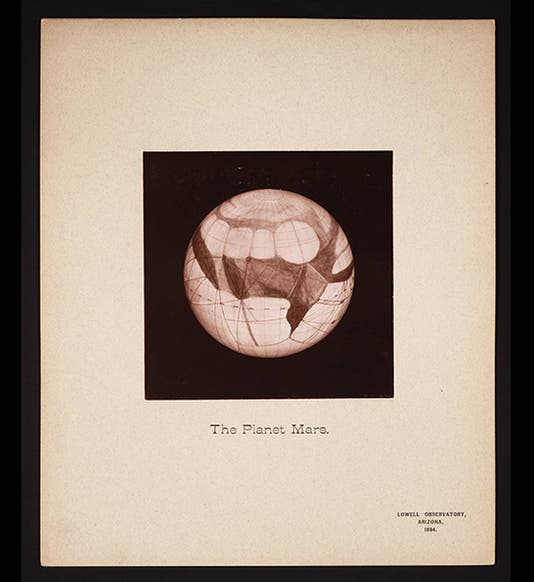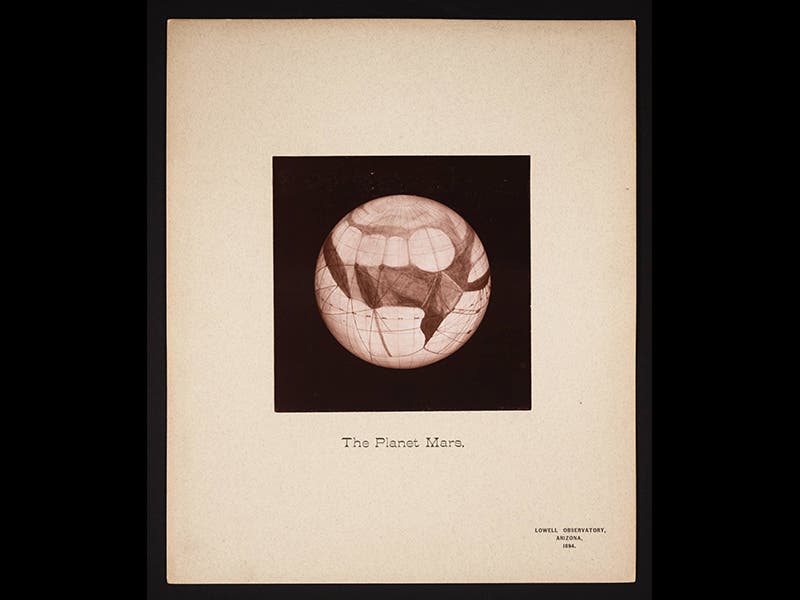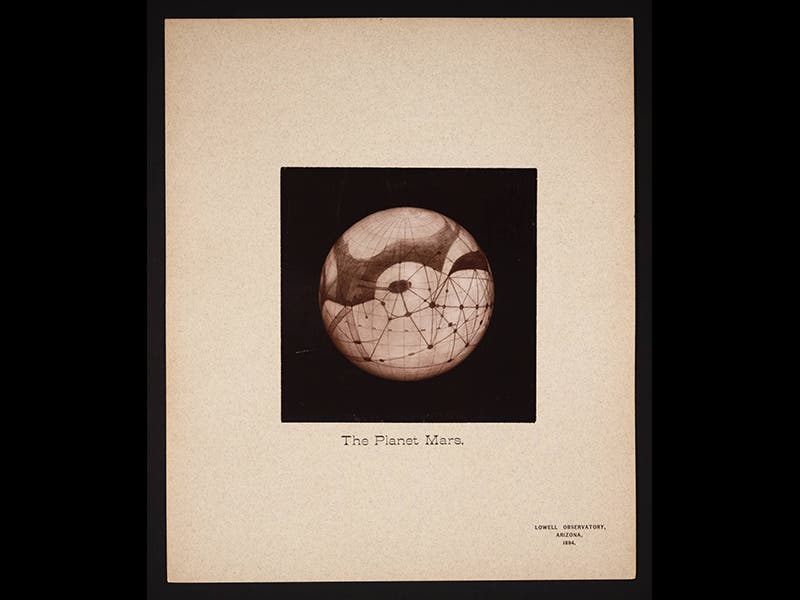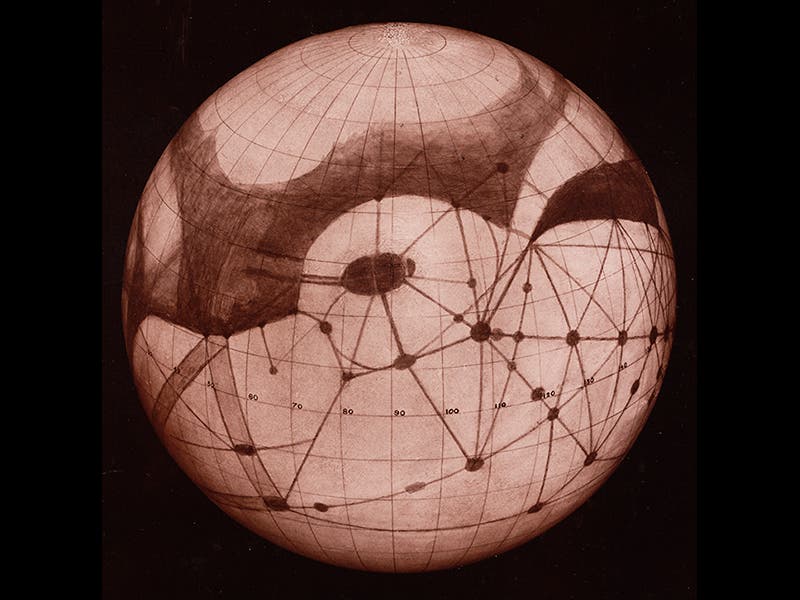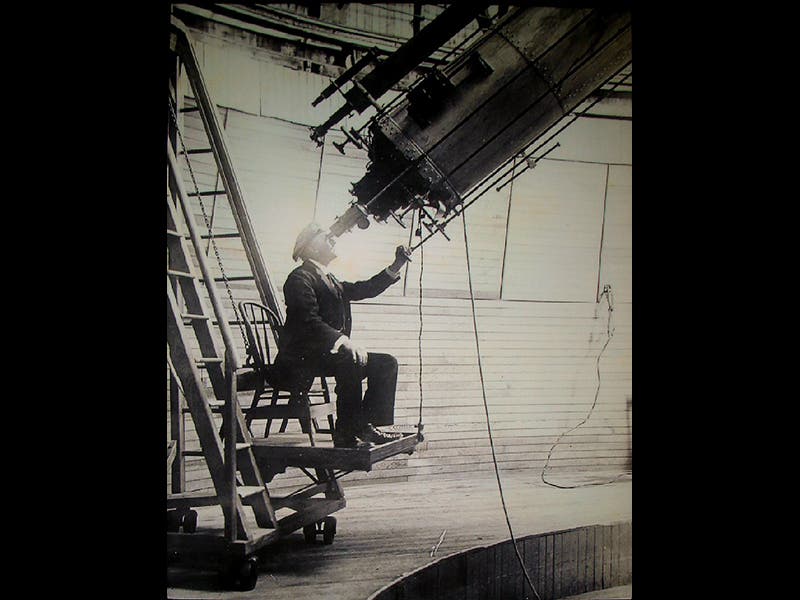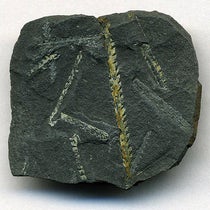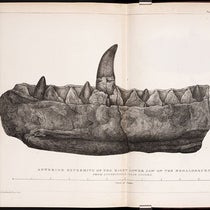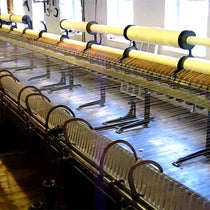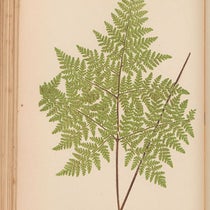Scientist of the Day - Percival Lowell
Percival Lowell, an American diplomat and self-taught astronomer, was born Mar. 13, 1855. After spending a decade in Japan and the Far East, Lowell returned to the United States to find that an Italian astronomer had detected "canali" on Mars. Even though “canali” means channels, rather than canals, Lowell was enchanted by the idea that there might be life on Mars, and he decided that he wanted to study the planet. Using family money--the Lowells were quite a distinguished Boston clan that included the poet Amy Lowell--Percival built an observatory in Flagstaff, Arizona, solely for the purpose of observing Mars. He equipped it with the best of telescopes, began a regular observing program, and was soon convinced that the canals were real, and that Martians had built them long ago to bring water from the polar ice caps to a dying planet. He published three books on Mars between 1895 and 1908, all of which we have in the History of Science Collection.
In addition, we have an odd item in the Collection, attributed to the Lowell Observatory and dated 1894, the very year the Observatory was founded. It consists of what appear to be 12 photographs of Mars, each photo pasted onto heavy card stock. The oddity is that the images are photographs of a Martian globe, rather than the planet itself, a globe that was evidently made by Lowell or the Observatory staff, depicting a Mars covered with canals. We show photo 10, featuring Syrtis Major, an important Martian feature (see first image above), and photo 4, which contains the other prominent areographical feature, Solis Lacus (second image). The third image is a detail of the second; many of the oases (large dots) that Lowell saw were probably extinct Martian volcanoes. Our fourth image shows Lowell himself at the eyepiece of his pride and joy, the 24” Clark refractor at the Lowell Observatory.
You can see all 12 of the 1894 Mars globe photographs in our Digital Collections.
Dr. William B. Ashworth, Jr., Consultant for the History of Science, Linda Hall Library and Associate Professor, Department of History, University of Missouri-Kansas City

